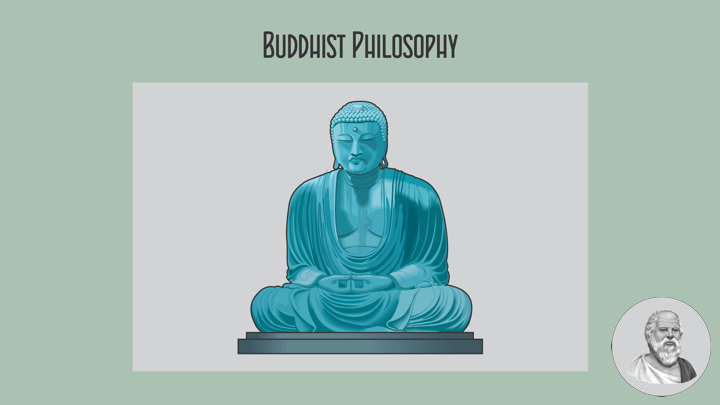——
#Spirituality #Philosophy #BuddhistPhilosophy #WorkLifeBalance
——
——
Buddhist Philosophy
Buddhism, philosophy that developed from the teachings of the Buddha, a teacher who lived in northern India between the mid-6th and mid-4th centuries BCE. Spreading from India to Central and Southeast Asia, China, Korea, and Japan, Buddhism has played a central role in the spiritual, cultural, and social life of Asia, and, beginning in the 20th century, it spread to the West. This entry concerns the historical individual, traditionally called Gautama, who is identified by modern scholars as the founder of Buddhism. According to Buddhist teachings, there have been other buddhas in the past, and there will be yet more in the future. The title “Buddha”, which literally means “Awakened”, is conferred on an individual who discovers the path to nirvana, the cessation of suffering, and propagates that discovery so that others may also achieve nirvana. This entry will follow modern scholarship in taking an agnostic stance on the question of whether there have been other buddhas, and likewise for questions concerning the superhuman status and powers that some Buddhists attribute to buddhas. The concern of this entry is just those aspects of the thought of the historical individual Gautama that bear on the development of the Buddhist philosophical tradition.
Four noble truths as preached by Buddha are that the life is full of suffering, that there is a cause of this suffering, it is possible to stop suffering, and there is a way to extinguish suffering. Eight fold Path as advocated by Buddha as a way to extinguish the sufferings are right views, right Resolve and Aspiration, right speech, right Action and Conduct, right livelihood, right effort right mindfulness and right concentration. In epistemology, the Buddha seeks a middle way between the extremes of dogmatism and skepticism, emphasizing personal experience, a pragmatic attitude, and the use of critical thinking toward all types of knowledge.
Mid-twentieth century saw the collaborations between many psychoanalysts and Buddhist scholars as a meeting between “Two Of The Most Powerful Forces” operating in the Western mind. Buddhism and Western Psychology overlap in theory and in practice. Over the last century, experts have written on many commonalities between Buddhism and various branches of modern western psychology like phenomenological psychology, psychoanalytical psychotherapy, humanistic psychology, cognitive psychology and existential psychology. We find something more nearly resembling psychotherapy.
Luc Paquin

